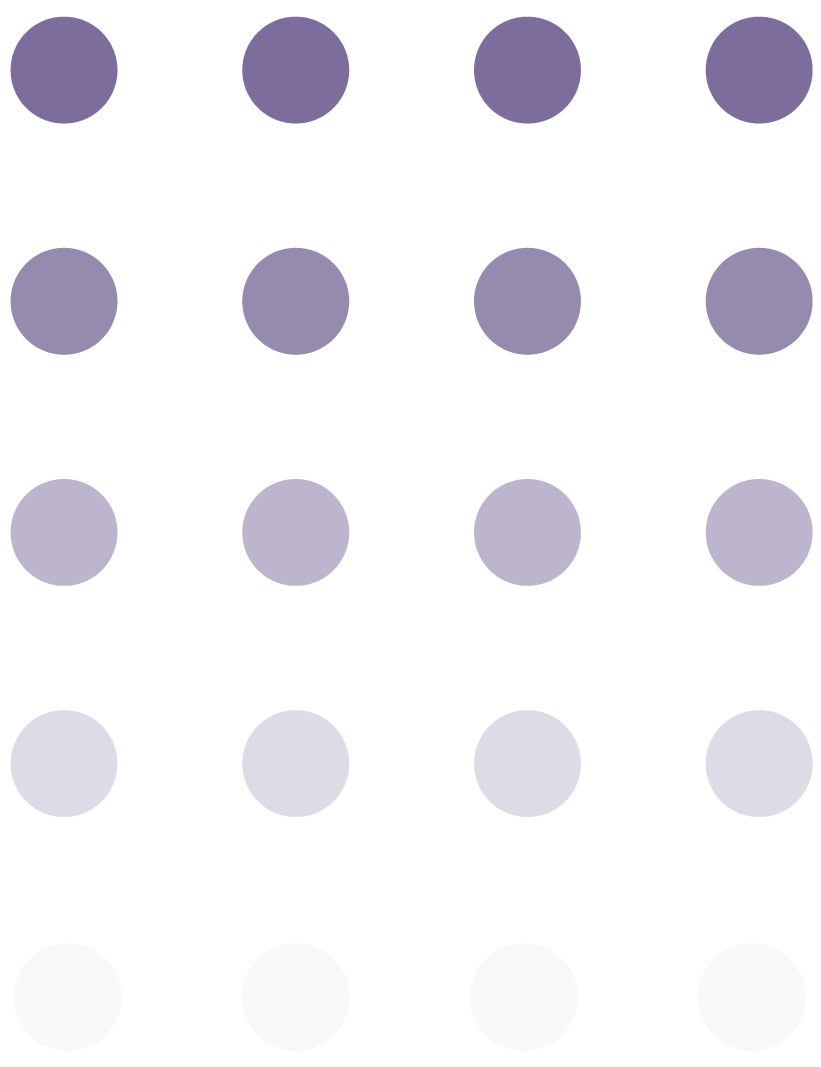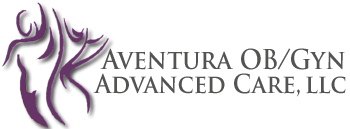HIV and AIDS

Introduction
HIV (Human Immunodeficiency Virus) is a virus that attacks the immune system and weakens it, making individuals more susceptible to infections and diseases. AIDS (Acquired Immunodeficiency Syndrome) is the most advanced stage of HIV infection, where the immune system is severely compromised, and life-threatening infections and cancers can occur.
Causes
HIV is primarily spread through contact with certain bodily fluids, such as blood, semen, vaginal fluids, and breast milk, which can happen through sexual contact, sharing needles or other injection drug equipment, or from mother to child during childbirth, pregnancy, or breastfeeding.
Symptoms
The early stages of HIV infection may not present any symptoms, or they may be mild and flu-like. As the virus progresses, symptoms can include fever, fatigue, swollen lymph nodes, night sweats, weight loss, and skin rashes. As HIV progresses to AIDS, additional symptoms may occur, such as opportunistic infections, certain cancers, and neurological symptoms.
Diagnosis
HIV can be diagnosed through a blood or oral fluid test that detects antibodies to the virus. It can take several weeks to months after infection for these antibodies to develop, so testing may need to be repeated. In addition to standard HIV testing, rapid tests and home testing kits are also available.
Treatment
Antiretroviral therapy (ART) is the primary treatment for HIV, which involves taking a combination of medications to reduce the amount of virus in the body and slow the progression of the disease. ART can help people with HIV live long, healthy lives, and greatly reduces the risk of transmitting the virus to others.
Precautions
There is currently no cure for HIV, so prevention is key. Using condoms during sexual activity, not sharing needles or injection equipment, and getting tested regularly for HIV are important steps in preventing the spread of the virus. In addition, early diagnosis and treatment of HIV can also help prevent transmission.

patient education
Learn more about ob/gym topics in our award winning patient education library.
Contact us
Phone:
305-931-7960
12550 Biscayne Blvd, Suite Ph 906
North Miami, Florida 33181
Email: info@aventuraobgynadvancedcare.com
